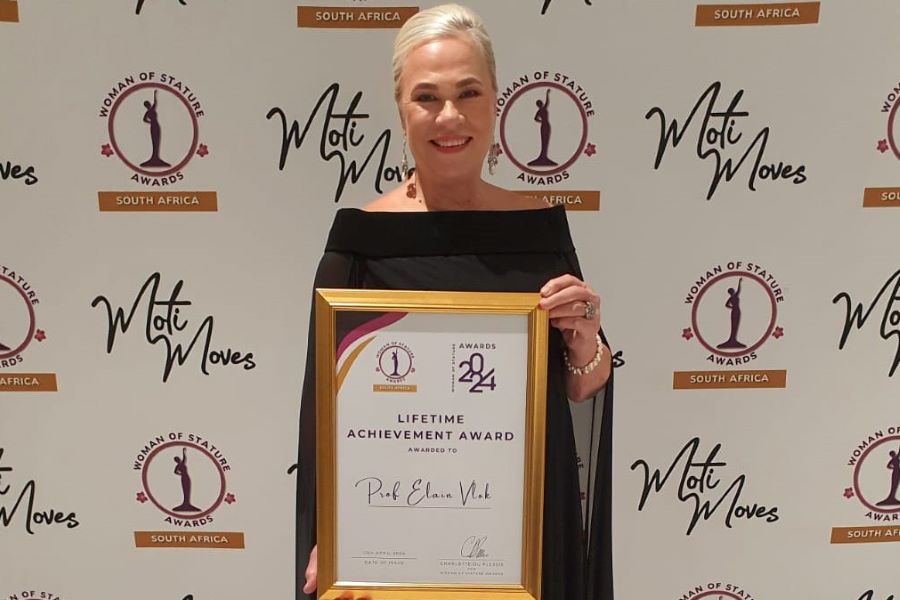Unpacking the diverse yet vital social investment landscape in SA
Far more than being a ‘nice to have’, fulfilling a public relations exercise to increase positive brand awareness or ensuring compliance with certain legal requirements, social investment has come to embody so much more.
Given the increasing pressure on public funds and the mounting economic and social challenges being experienced in South Africa, innovative, efficient and high-impact models of social investment are vital to address these challenges from the ground up.
An increase in variety
Over the last few years, more and more options and variety have entered into the social investment space when it comes to achieving real and sustainable impact. This variety relates to types of social investors as well as the different vehicles used to drive real impact.
Social investors can include corporate foundations, empowerment trusts, corporates, family foundations, government, development finance institutions, bilateral institutions, individual investors or investment funds (to name a few). Irrespective of these sourcing of funding, social investors can be further categorised in terms of a wide range of variables such as return expectations, strategic focus, intensity of involvement, length of commitment, reporting requirements and investment size (to name a few as well).
Grantmakers, for example, expect social returns only and usually place (growing) emphasis on measurement and reporting of inputs, outputs and outcomes (and in some cases impact).
Systemic Social Investors generally deal with larger-scale grants and longer-term timelines, aim to directly partner with government to leverage their funding, and establish clear short and medium-term milestones along the path to long-term systems change.
HAVE YOU READ: Empowerment is about people not things
Driving social impact
Impact Investors expect both social and financial returns; with some being ‘impact-first’ in nature (i.e. willing to sacrifice some financial return to catalyse or drive social impact), while others are ‘finance-first’ and prioritise risk-adjusted market-related returns (while also measuring social impact).
Where in the past social investors typically relied on ‘traditional’ grants to drive impact, the variety of social investment approaches in 2021 can be truly dizzying. There are ‘pure philanthropic’ grants that aim to simply support ‘good non-profit organisations doing good work’ to help the most vulnerable. There are long-term and large-scale grants with intensive monitoring, evaluation and reporting requirements that require continuous engagement between social investor and partner. There are grants and/or service level agreements (a fundamentally different contractual arrangement) with for-profit organisations working to enact change. There are social investments that focus purely on strengthening the operations of organisations, while others that focus purely on delivering services on the ground. There are outcomes-based financing mechanisms. There are convertible loans and convertible grants. There are impact funds providing debt or equity finance. There are impact funds of funds. And this is just the tip of the iceberg.
The best time for social investment is right now!
There has simply never been a better time to be a serious social investor. For Tshikululu, this means thinking deeply and creatively about – first – what social challenge you are trying to address and then second, what the most appropriate strategy and structure to do so might be. None of the approaches outlined above (not to mention countless others) are innately ‘superior’. All of them are effective, if deployed at the right time and in the right way. The best social investors spend the necessary time figuring this critical question out.
Tshikululu Social Investments is renowned for its work with social investors and partners doing just that, as we design and implement high-impact social investment solutions. Tshikululu defines social investment as any financial commitment – from grant making to impact investing – that seeks to drive and measure social impact. They work across a wide spectrum of sectors, geographies and issues, aiming to maximise the power of social investment to achieve impact.
“Our service offering is holistic and unique, offering end-to-end fund management and advisory services underpinned by a deep and hands-on understanding of the complexities of development and social investment. As agents of social change, we partner with our many clients throughout South Africa to realise their social investment goals.
Over the past two decades we have operated in every province in the country, covering urban and rural areas, and collaborated with social investors in various sectors including mining, financial services, renewable energy, property development, banking, insurance, healthcare, and logistics. More recently, our work in impact investing – and particularly our Thrive Africa partnership with African Alliance Asset Management – is taking us beyond the borders of South Africa into other parts of the continent as well”, explains Adam Boros, Head of Social Impact at Tshikululu. He emphasises that there is no ‘one size fits all’ approach to social investing, and that finding the right mix of ‘ingredients’ is the best way to achieve real impact.





